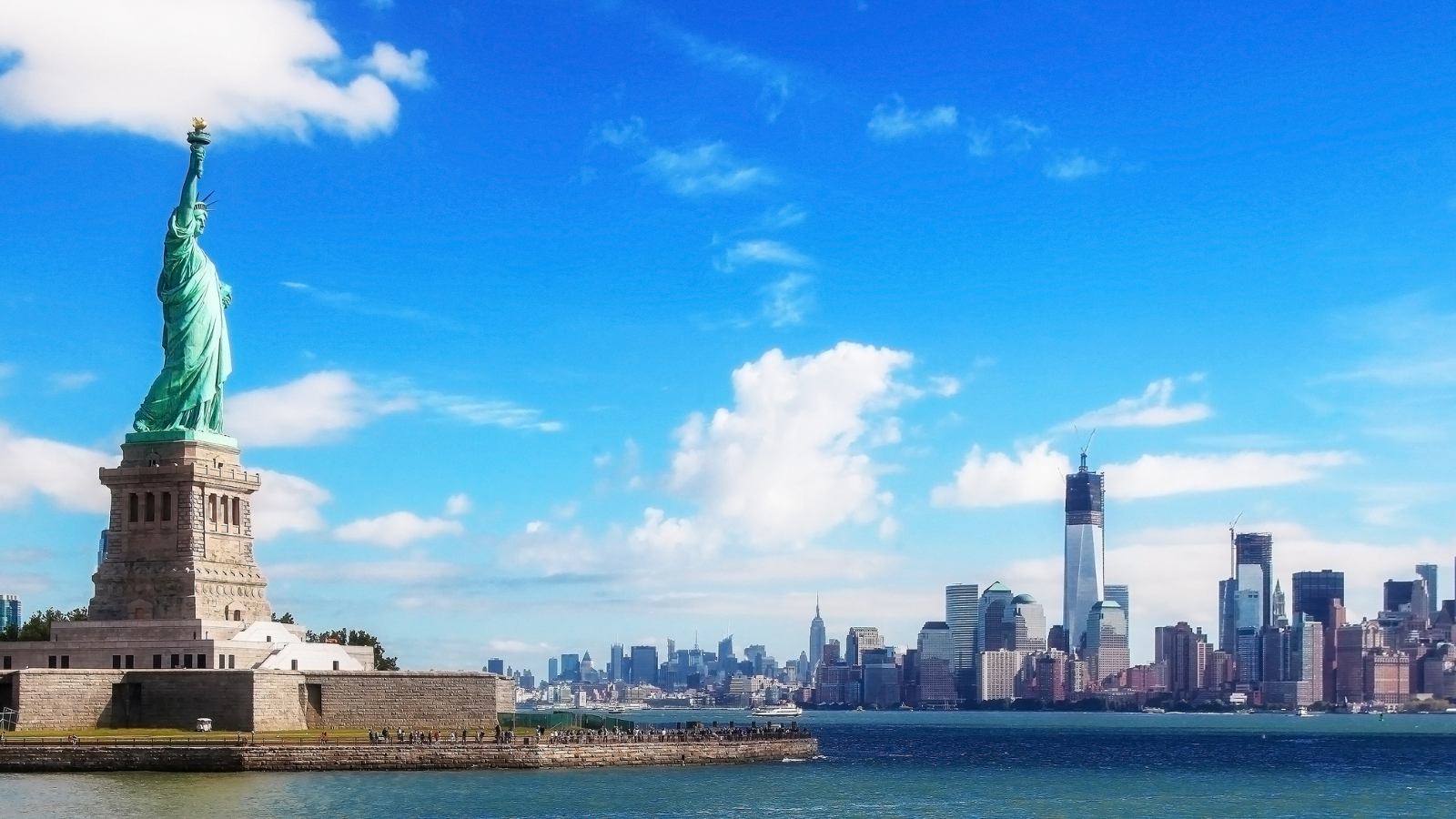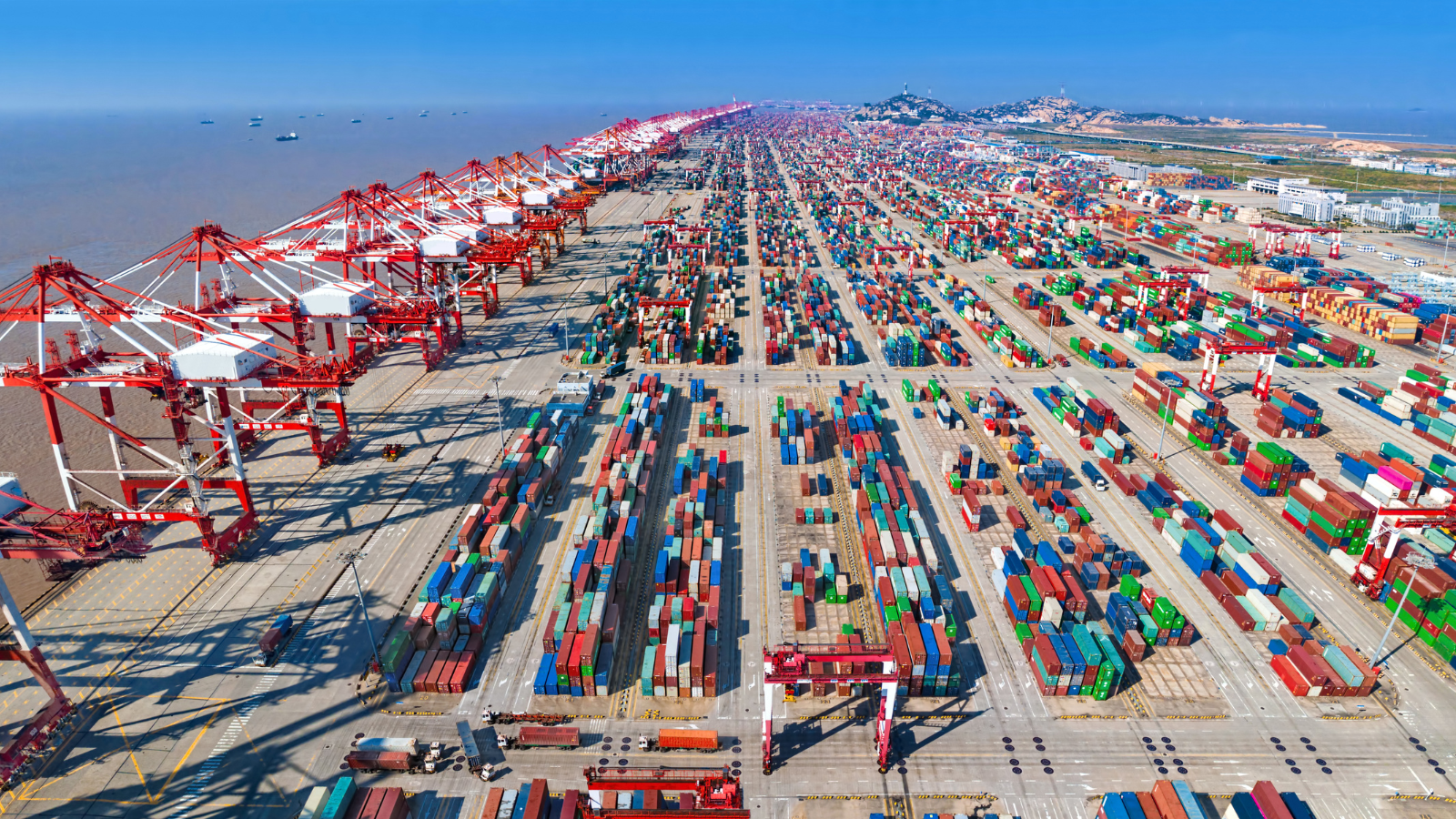Journalist Fazil Khan's Death Sparks Concern Over Lithium-Ion Battery Fires in New York
Tragedy struck New York as journalist Fazil Khan, 27, lost his life in a devastating apartment fire caused by a micromobility device's lithium-ion battery. Khan, a valued member of The Hechinger Report and The City, left behind grieving colleagues and friends. The incident highlights a growing concern as New York fire officials warn about the dangers posed by lithium-ion batteries, which have become a leading cause of fires and fatalities in the city. Videos shared by the FDNY show the rapid and intense spread of blazes fueled by these batteries. Khan's editor remembered him as a patient and dedicated journalist who elevated storytelling through data. With deaths from lithium-ion battery fires on the rise in New York, authorities stress the need for consumer awareness and stricter regulations to ensure safety.
WHY IS THIS IMPORTANT?
It's a wake-up call for all of us in the industry. With these batteries causing fires and even fatalities in the Big Apple, it's time to step up our safety game. We need to tighten those protocols and follow regulations to a T to keep everyone safe – our people, our cargo, and our infrastructure. Let's make sure we're on top of this to prevent any more accidents down the road.
🔥 OUR HOT TAKE?
While technological advancements like lithium-ion batteries have revolutionized various industries, they also come with significant risks. It's a stark reminder of the importance of ensuring safety measures and regulations keep pace with innovation. As we mourn the loss of Fazil Khan and recognize the growing threat of lithium-ion battery fires, it's crucial for authorities, manufacturers, and consumers to work together to prioritize safety and prevent further tragedies. This incident serves as a wake-up call to reevaluate safety protocols and implement stricter regulations to mitigate the risks associated with these batteries.
A recent poll by Siena College reveals that a majority of New Yorkers are not in favor of a proposed $15 congestion toll for entering Midtown Manhattan.
A 4.8 magnitude earthquake hit near Whitehouse Station, New Jersey, and its tremors were felt all the way from Maine to Washington D.C.!
New Jersey has taken legal action against New York's congestion pricing program, arguing that it unfairly shifts traffic and pollution burdens to its communities.
Hundreds of New Yorkers chimed in on Monday, the last day to have their say on a major transportation project in NYC.
Tragedy struck New York as journalist Fazil Khan, 27, lost his life in a devastating apartment fire caused by a micromobility device's lithium-ion battery.
Some Trump-supporting truckers are boycotting deliveries to New York City following the former president's $355 million fraud fine.
Developers of the proposed offshore wind farm near Long Beach, Long Island, announced the termination of the Empire Wind 2 project due to economic challenges - including inflation, increased interest rates, and supply chain disruptions.
As the United States welcomed the new year, New York's minimum wage got a boost at midnight.
Heavy lake-effect snow is hitting parts of Upstate New York, with 20 to 30 inches expected downwind of Lakes Erie and Ontario.
New York City is preparing to launch the first zone-based tolling program in the U.S. in spring 2024.
LaGuardia Airport in New York faced severe flooding in Terminal A, affecting budget airlines Spirit and Frontier, prompting its temporary closure.
Target is closing nine stores in California, Oregon, New York, and Washington due to increasing thefts and organized retail crime that have put the safety of employees and customers at risk.
The Bronx Logistics Center in Hunts Point has achieved LEED v4 Platinum certification, making it one of the few distribution buildings in the US with this prestigious rating.
United Airlines CEO Scott Kirby's concerns about air traffic control issues causing flight delays in the New York region are supported by a Department of Transportation audit, which revealed severe understaffing in critical air-traffic facilities.
California residents like Sadaf Zahoor, who depend on public transit and have never owned a car, fear that the financial struggles of transit agencies in San Francisco and Oakland may lead to reduced services.
New York State Thruway Authority is investing $450 million in a project to revamp and modernize its 27 service areas by 2025, aiming to enhance the travel experience for truckers and other motorists.
In an effort to reduce trucking traffic, the New York City Department of Transportation is testing new local delivery hubs that trucks can use for curbside delivery.
The mayor of New York City has announced the city's first public ferry that will be hybrid electric, which will be operating in the New York Harbor.
While 41% of Americans were still working for home (with full-time or hybrid) in January, it’s safe to say that America’s biggest cities have faced a major shock to the system.
This partnership will expand the automaker’s growing electric vehicle supply chain network with an exclusive contract.
While California and New York lost hundreds of thousands of residents, Florida, North Carolina, South Carolina, and Texas were mass gainers. Some speculate that the migration is due to lower taxes and also reference the strong job market and “bounce-back” post-pandemic.
Seasonal gasoline stockpiles are already at a decade-low, and the ban on Russian fuel means that the East Coasts can’t rely on its backup supplies during the peak driving season over the summer.
Amazon and its fulfillment center operations are under fire as the state of New York aims to tear down “overly tough” productivity standards - similar to laws recently passed in California.
At the corner of Astor Place and Broadway in Greenwich Village, Housing Works has begun its newest line of business: weed sales.
The port rotation includes three locations in Europe: Antwerp, Belgium, Rotterdam, Netherlands, and Tilbury, England.
San Pedro Bay, home of the Ports of Los Angeles and Long Beach, has long been the king of America’s oceanside ports.
According to recently released September data, the East Coast port of New York and New Jersey has earned the top spot for a second consecutive month.
Driver shortage this, driver shortage that. Well, New York is doing something about it.
The Jones Act is a 100-year-old shipping law that requires all goods moved between American ports to be transported on domestic ships, and those happen to be some of the most expensive.































The Federal Reserve Bank of New York is enhancing its supply chain data tracking with new "Supply Availability Indexes."